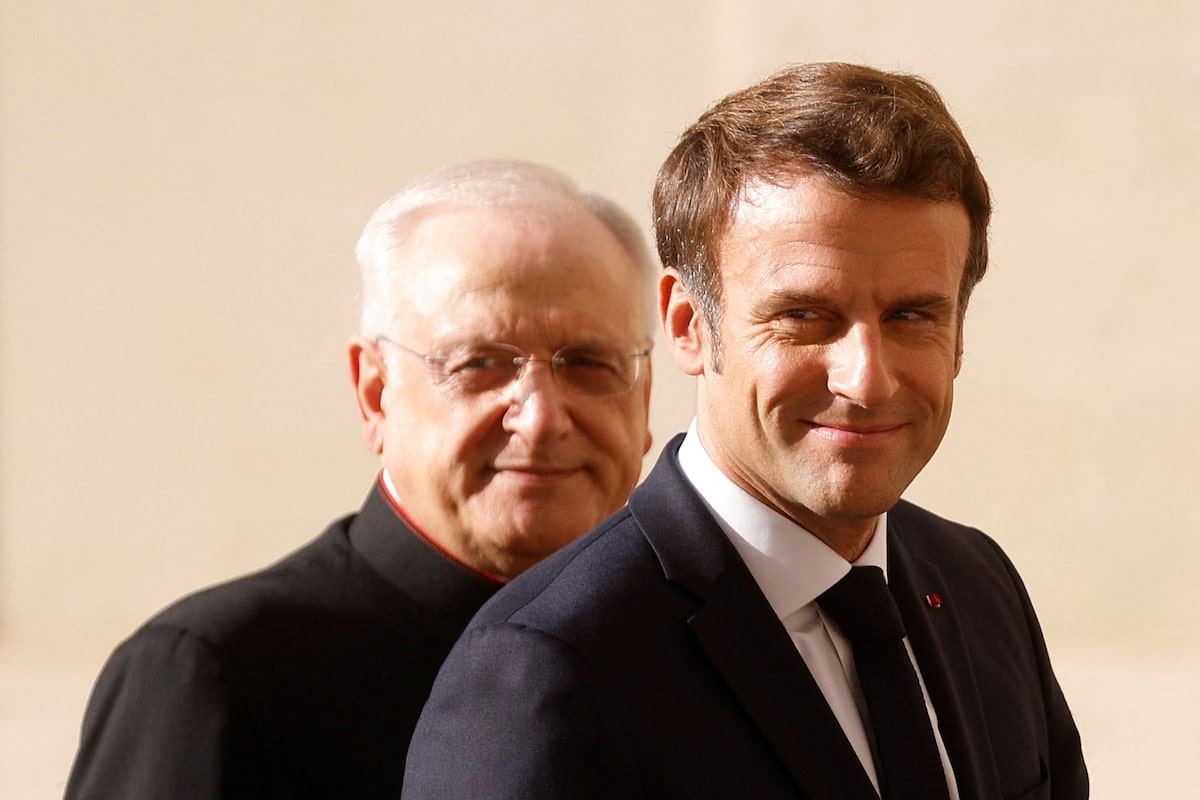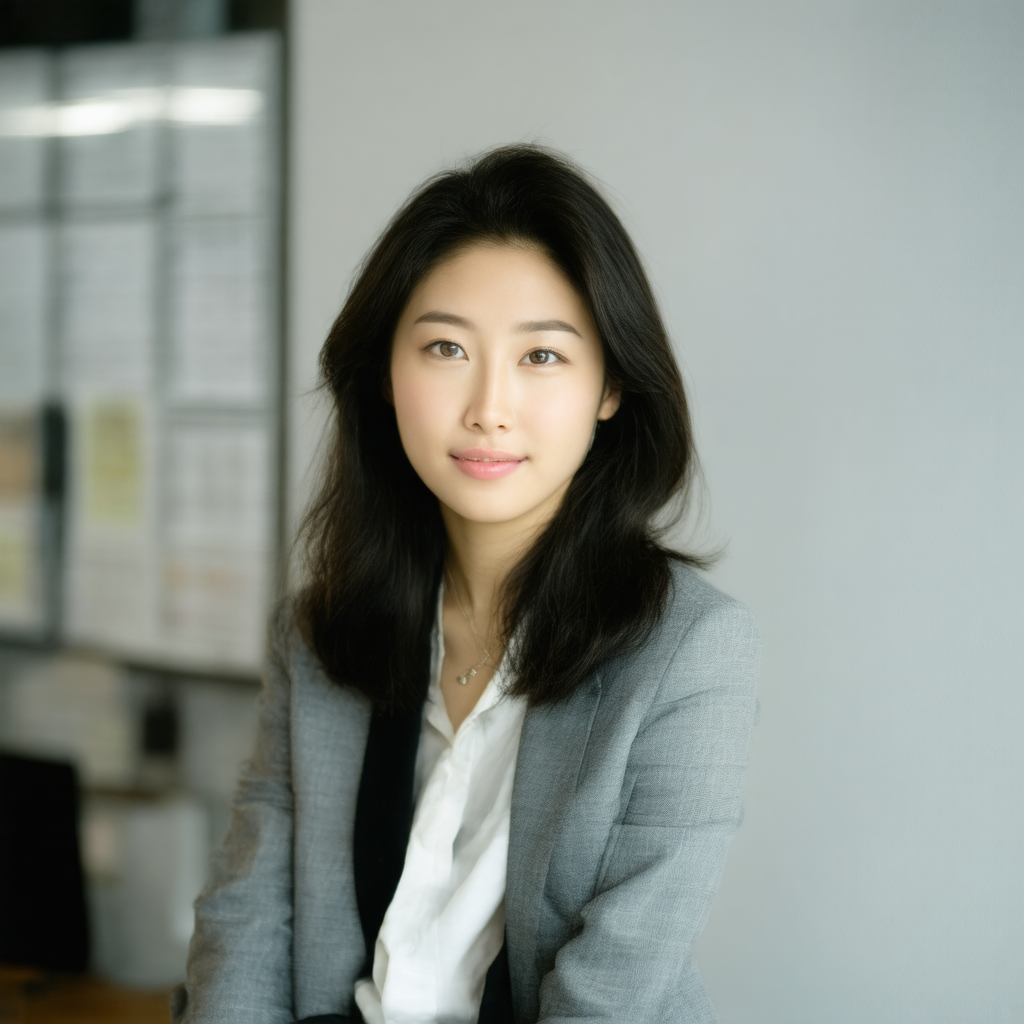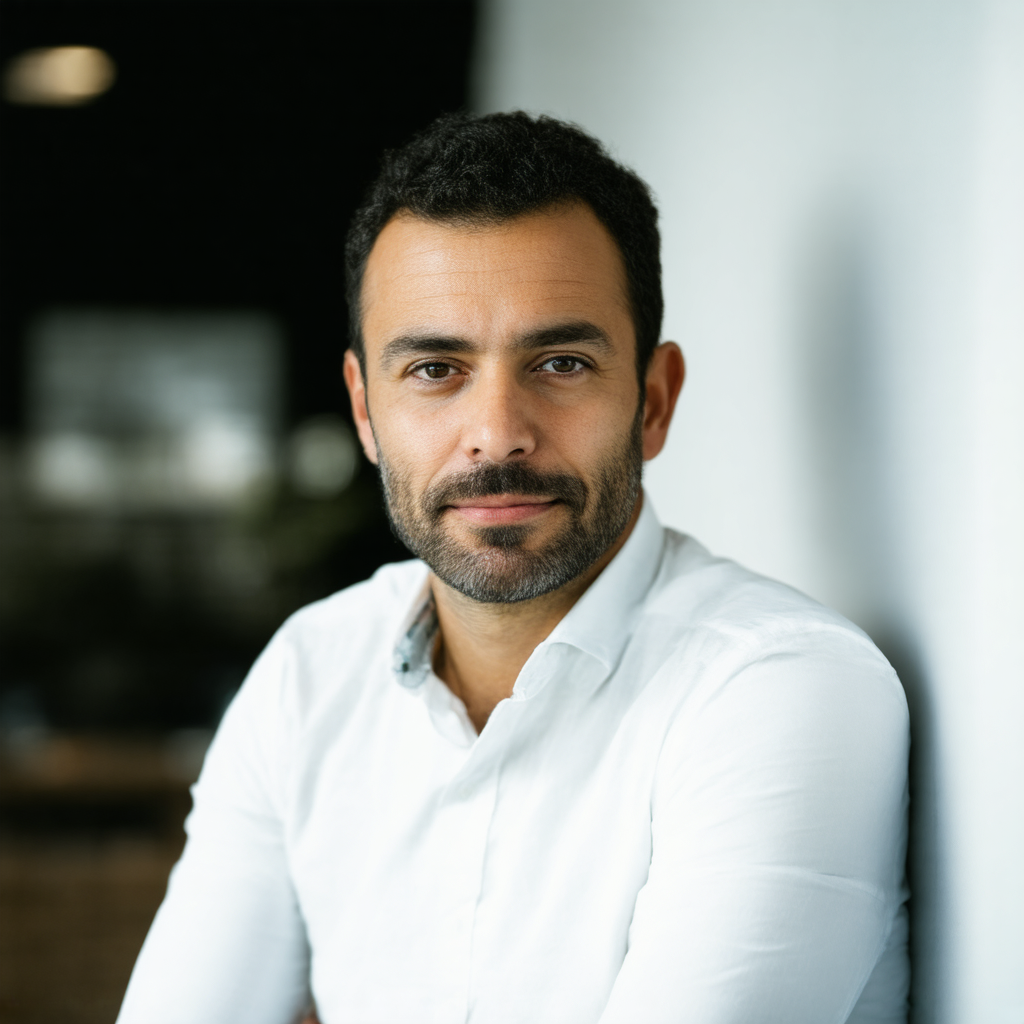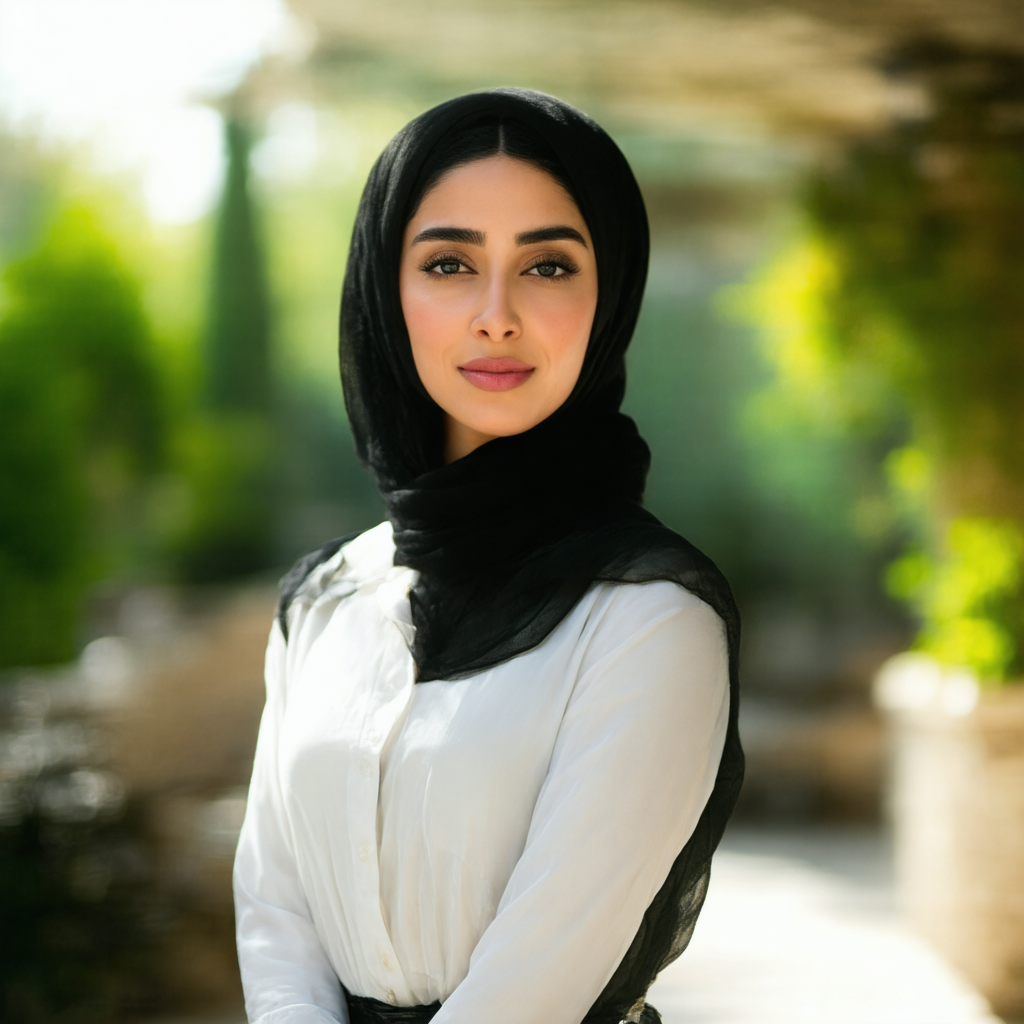
On a crisp autumn evening in Paris, as dusk painted the sky in hues of orange and purple, hundreds gathered at the grand Invalides military museum. The anticipation was palpable—Algerian veterans of France’s brutal colonial war had been invited to a historic moment. French President Emmanuel Macron was set to address the nation on the Algerian War of Independence, a conflict that had raged from 1954 to 1962 and left an indelible mark on both countries’ histories.
The veterans, many in their seventies and eighties, had fought for Algeria’s liberation from French rule. They had been promised not just an apology but a formal recognition of the suffering they endured during the war. The crowd buzzed with hope and expectation as they waited for Macron to arrive. Some whispered about how this moment could finally bring closure to decades of pain.
But as Macron stepped onto the stage, the atmosphere shifted dramatically. His speech, while acknowledging French colonial crimes, offered little in terms of concrete reparations. He proposed a symbolic gesture—a medal of honor—to recognize their sacrifices, but no financial compensation. The veterans erupted in anger. Whistles and jeers filled the air as they interrupted Macron’s carefully crafted words.
Among the protesters was Ahmed Benali, a former FLN fighter who had lost his right leg to a French bomb. “We didn’t come here for medals,” he shouted, his voice echoing through the grand halls of Invalides. “We fought for independence, and what do we get? Empty promises and more disrespect.”
The scene that unfolded was a microcosm of Algeria’s complex relationship with France—a nation still grappling with its colonial past. While Macron’s speech marked a significant step toward acknowledging historical wrongs, it fell far short of the justice many Algerians had longed for.
Decades of struggle
The Algerian War of Independence was one of the bloodiest conflicts of the 20th century. Between 350,000 and 1 million Algerians were killed, and millions more were displaced or tortured during the French military’s brutal campaign to suppress the independence movement. The French government employed tactics such as forced disappearances, collective punishment, and systematic torture.
The FLN (Front de Libération Nationale) emerged as the primary resistance group, leading a fierce guerrilla war against French forces. The conflict reached its zenith in 1956 with the Battle of Algiers, where FLN fighters staged daring attacks on French targets, including the bombing of the Paris Orly Airport.
Despite their ultimate victory and Algeria’s independence in 1962, the scars of French colonialism ran deep. The veterans who had fought for liberation found themselves marginalized in both their home country and France. Many were forced into exile or faced systemic discrimination when they returned to Algeria.
For years, these veterans have campaigned for recognition and compensation from the French state. They argued that their suffering during the war was directly linked to France’s colonial policies and demanded justice in the form of financial reparations, official apologies, and a formal acknowledgment of the crimes committed by French forces.
Macron’s announcement
When Macron announced his plans to address the Algerian War in October 2021, many saw it as a potential turning point. His speech was widely anticipated as a step toward reconciliation between France and Algeria—a relationship still marred by deep-seated mistrust.
In his speech, Macron acknowledged the “errors” of French colonialism and expressed regret for the suffering caused during the war. He also announced plans to create a medal of honor for Algerian veterans, symbolizing France’s recognition of their sacrifices.
However, the veterans were not satisfied. While they appreciated the symbolic gesture, they argued that it was insufficient. They had been advocating for concrete reparations—monetary compensation for their losses and injuries sustained during the war.
The protesters made it clear that they were not interested in mere gestures. “We want justice,” one veteran declared. “We want our lives to be recognized as valuable, just like any French soldier’s life would be.”
Their exclusion from official ceremonies
Adding insult to injury, many of these veterans had been excluded from the official commemorations marking the 60th anniversary of Algeria’s independence in 2021. While French officials hosted events and ceremonies, the voices of the Algerian veterans who had fought for that very independence were often ignored.
This exclusion was a bitter pill to swallow for those who had risked their lives for the cause. They felt doubly betrayed—first by the French government during the war and now by being sidelined in its aftermath.
The broader implications
The scene at Invalides reflects a larger struggle within France—and across Europe—as nations grapple with their colonial pasts. How do they acknowledge historical wrongs without undermining their own national identity? How do they reconcile the need for justice with the political realities of the present?
For Macron, walking this fine line is a delicate balancing act. He risks alienating conservative voters who view any acknowledgment of French colonialism as an attack on national pride. But by refusing to engage meaningfully with the demands of Algerian veterans, he risks perpetuating the cycle of trauma and exclusion that has defined their experience.
A call for greater accountability
The protesters at Invalides sent a clear message: true justice requires more than symbolic gestures. It requires acknowledging the full extent of the harm caused during colonialism and taking concrete steps to address it.
This means not just recognizing the suffering but also ensuring that those affected by French policies have access to resources, support, and recognition in their daily lives. It means engaging in meaningful dialogue with the communities impacted by colonialism—listening to their stories, understanding their pain, and working together to build a more equitable future.
The road ahead
As France continues to navigate its complicated relationship with Algeria, the voices of these veterans must be heard. Their struggle is not just about money; it’s about dignity, respect, and justice.
For Macron, this means going beyond speeches and gestures. It means engaging in meaningful negotiations with Algerian veterans’ associations, recognizing their contributions to the independence movement, and providing tangible support to those who have been left behind.
Ultimately, the protesters at Invalides remind us that the fight for justice is far from over. The echoes of their pain will continue to resonate until France—and the world—finally confronts the legacy of colonialism head-on.
About the Author:
Sarah Al-Farouq is Chief Editor at our publication. Sarah is a seasoned journalist with over 15 years of experience in global news and media. She has led teams in some of the world’s most challenging reporting environments, bringing a vision for storytelling that connects cultures and empowers voices.
 Journalist and photographer with a focus on Middle Eastern youth and their cultural contributions. Aisha’s work bridges traditional and modern storytelling in the region.
Journalist and photographer with a focus on Middle Eastern youth and their cultural contributions. Aisha’s work bridges traditional and modern storytelling in the region. Writer and researcher specializing in Asian arts and migration stories. Bella’s work explores how young Asians are shaping global culture through their experiences.
Writer and researcher specializing in Asian arts and migration stories. Bella’s work explores how young Asians are shaping global culture through their experiences. Reporter with a background in investigative journalism, focusing on human rights and social justice. Luis has worked across Latin America and Europe, uncovering stories that resonate globally.
Reporter with a background in investigative journalism, focusing on human rights and social justice. Luis has worked across Latin America and Europe, uncovering stories that resonate globally. Sarah is a seasoned journalist with over 15 years of experience in global news and media. She has led teams in some of the world’s most challenging reporting environments, bringing a vision for storytelling that connects cultures and empowers voices.
Sarah is a seasoned journalist with over 15 years of experience in global news and media. She has led teams in some of the world’s most challenging reporting environments, bringing a vision for storytelling that connects cultures and empowers voices.